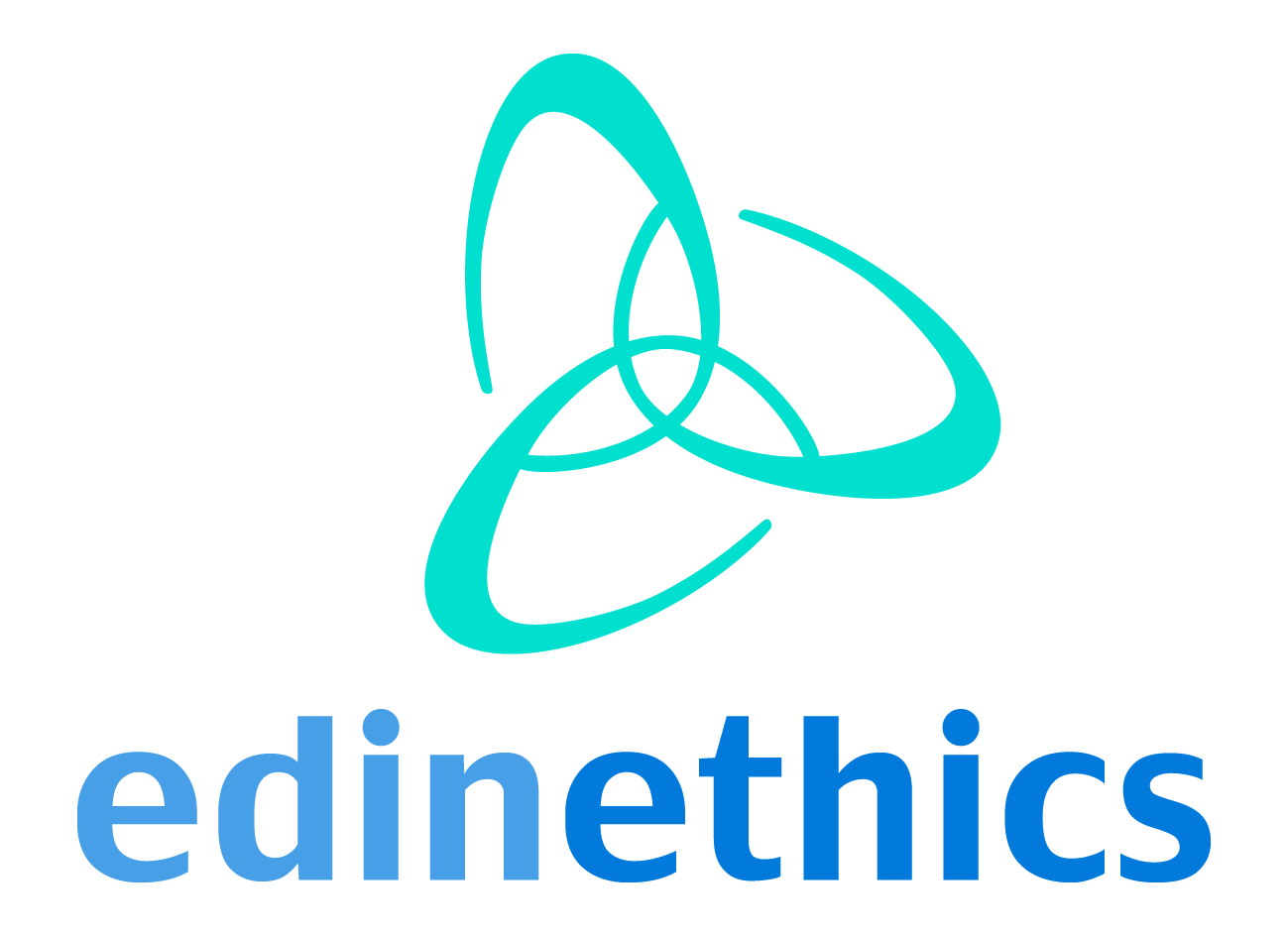
ethics in science and technology
Edinethics Ltd
11/6 Dundonald Street
Edinburgh EH3 6RZ
Tel: +44 (0)8456 444937
Email: info@edinethics.co.uk
Web: www.edinethics.co.uk
independent consultancy
set up in May 2007 to provide
technically informed and
balanced assessments of
ethical and social issues in
current and future technologies.
Home Page
Current Activities
Nanotechnologies
Human enhancement
Synthetic Biology
Stem cells & Cloning
Energy Policy
About us
Ethical Issues with Changing Mitochondrial Genes
Research to try to replace defective mitochondrial DNA in a human embryo is encouraging but it needs to be treated with caution, and it raises important ethical issues as well as potential risks.
An obvious ethical motivation in favour of this work is the possibility of addressing serious pain and suffering in children, where there are few other prospective treatments. But it also raises a cocktail of difficult ethical problems. These include :
- making inherented
genetic changes in unborn children,
- risks from the technique, which you probably could not eliminate by research in advance,
- applying nuclear transfer cloning techniques humans,
- children with DNA from two mothers.
Attempting to correct defective mitochondrial DNA involves making a genetic change to the human germline, which would be passed on to all female offspring of the child. The child has no say in it. The parents have to consent on her behalf. Making permanent (germline) genetic changes to humans is rightly widely viewed with much concern. But the Newcastle research is case is not as serious an issue ethically as it does not involve inherited characteristics as such, but such changes would nonetheless be justified only in situations of very serious disease.
Claims that ‘it's like changing a battery in a laptop’ are probably a bit too simple. It's more like changing a defective computer chip. Non-inheritable (somatic) gene therapy has not worked well so far, despite major claims made in the 1990s at a comparable stage in its research. There is therefore good reason to be cautious about making genetic changes to the early embryo, which would be passed on to all subsequent generations from that child.
Mitochondrial DNA is a separate system from nuclear DNA, but if its defects can lead to serious problems in many of the body's systems, we have to be very sure that the genetic correction would not also have serious side effects. It is hard to see how this could be proven in advance without treating the child as an experimental subject. So at this point in time, the technique would only be justified where the child is very likely to suffer from a severe terminal condition, where the consequences of something going wrong would arguably be no worse than the condition the child would have developed without the treatment.
The cloning and identity issues are less of a problem. Although it uses techniques derived from cloning, this is more like doing IVF with a genetic modification than trying to produce a genetically identical baby. It is hard to guess what would be the effect on a child's self-identity that he or she would have some (mitochondrial) DNA from a 'second' maternal source? Since the nuclear DNA will come from its primary biological parents, logically this ought not to be a signficant issue, but it would be wise not to dismiss it.
The availability of couples willing to donate embryos may prove a limitation to the use the technique. This also needs to be handled with great sensitivity, since it involves couples at a very vulnerable point in their lives.
If
this is to be taken forward into medical application, they need to be
applied under very strict controls, and only where serious disease is otherwise
likely to result.
Managing Director : Dr Donald Bruce PhD (Chem), PhD (Theol), BSc, DipTh, FRSA
Company Secretary : Mrs Ann Bruce MSc, BSc